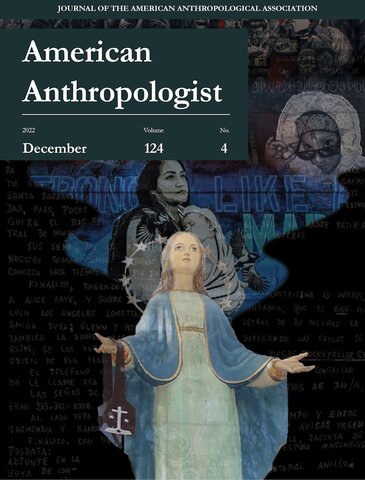What is, or should be, the role of solidarity within the (transnationally adoptive) family? In Spain, solidaridad is a prized value in family life, political organization, and humanitarian action, yet adoption professionals actively discouraged its use as a motivation for transnational adoption. This article offers a genealogy of the concept of solidaridad, a consideration of its enduring currency in kinship discourse in Spain, and a critical analysis of case studies from the authors' respective research projects.
They show that kinship and humanitarianism are considered very differently in terms of their temporalities and entailments—the terms, and specificities, of their engagements. They argue that solidaridad’s multivocality within the transnational adoptive family context has broader significance for kinship, both adoptive and non-adoptive, as well as for social and political engagement across inequality. Solidaridad’s exclusions from transnational adoption reveal how kinship and humanitarianism both involve the work of identifying, accommodating, and resolving social difference.

